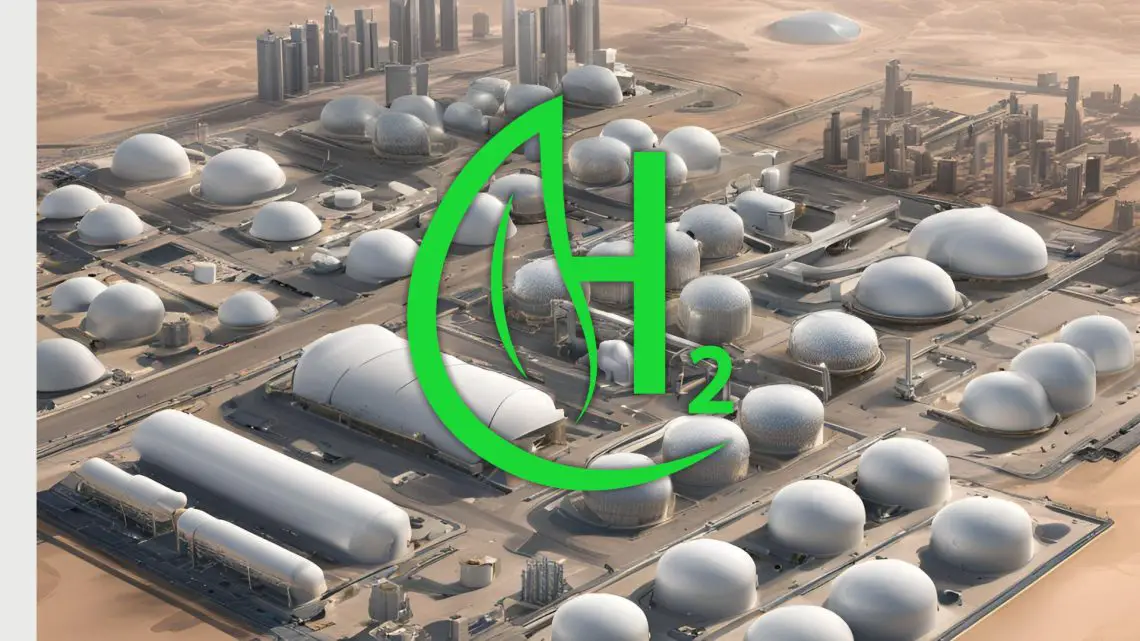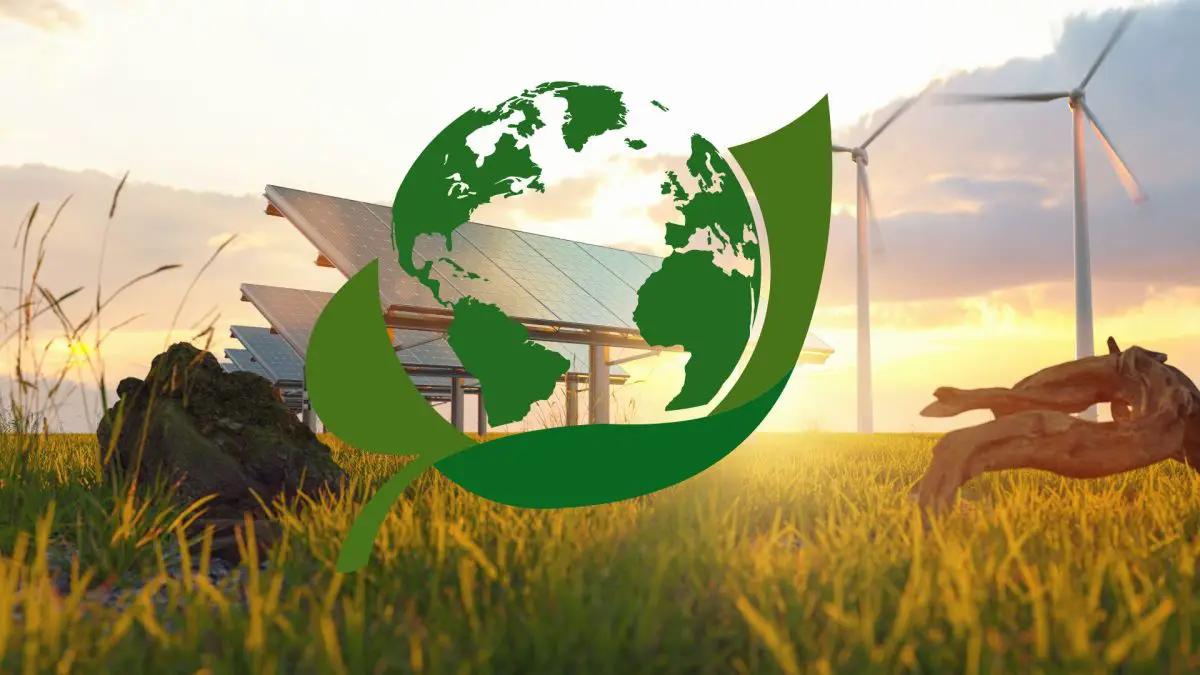
An ultramodern hydrogen hub city is on its way to Saudi Arabia
September 17, 2024The massive octagonal plant will be capable of producing up to 600 tons of H2 per day
Saudi Arabia is preparing for a major new construction of an octagon-shaped hydrogen hub that will produce as much as 600 tons of H2 per day.
The location is large enough that some have been nicknaming it a city
Saudi Arabia is well known as a global oil giant, but as the world seeks to decarbonize, the country is looking to maintain its position as an energy superpower by focusing on clean power such as through H2. As such, it is targeting the development of world leading hydrogen hub technology that will allow it to produce massive amounts of H2 for domestic use as well as export.
The octagonal Neom megaproject is expected to come with an $8.4 billion power plant. This will follow a similar pattern to the futuristic Neom cities the country has been pursuing. The goal is to build in the Saudi Arabian desert, creating both a hydrogen hub and a surrounding city that will be powered by it.
The hydrogen hub will be powered by renewable energy
Of course, to produce the H2, some power is needed. Saudi Arabia has chosen to focus on green H2 by powering its processes using renewable energy. As the plant will be built in the desert, there are several natural options that will offer plentiful clean electricity to power the NEOM electrolyzers, primarily solar.
The goal is to use 4 GW of renewable electricity for powering the H2 production of up to 600 daily tons of green H2.
Funding achieved
The huge hydrogen hub has already raised the $8.4 billion in funding it expects to need in order to build it and have it operating by the close of 2026. Joint venture company Neom Green Hydrogen Company (NGHC) is working with ACWA Power from Saudi Arabia, and Air Products from the United States, as well as the Neom Future City (NHC) megaproject promotors under Mohammed bin Salman.
When all is said and done, the idea is to develop one of the largest renewable hydrogen hubs in the world, keeping Saudi Arabia at the top of the global energy food chain.



 With over 15 years of reporting hydrogen news, we are your premier source for the latest updates and insights in hydrogen and renewable energy.
With over 15 years of reporting hydrogen news, we are your premier source for the latest updates and insights in hydrogen and renewable energy.